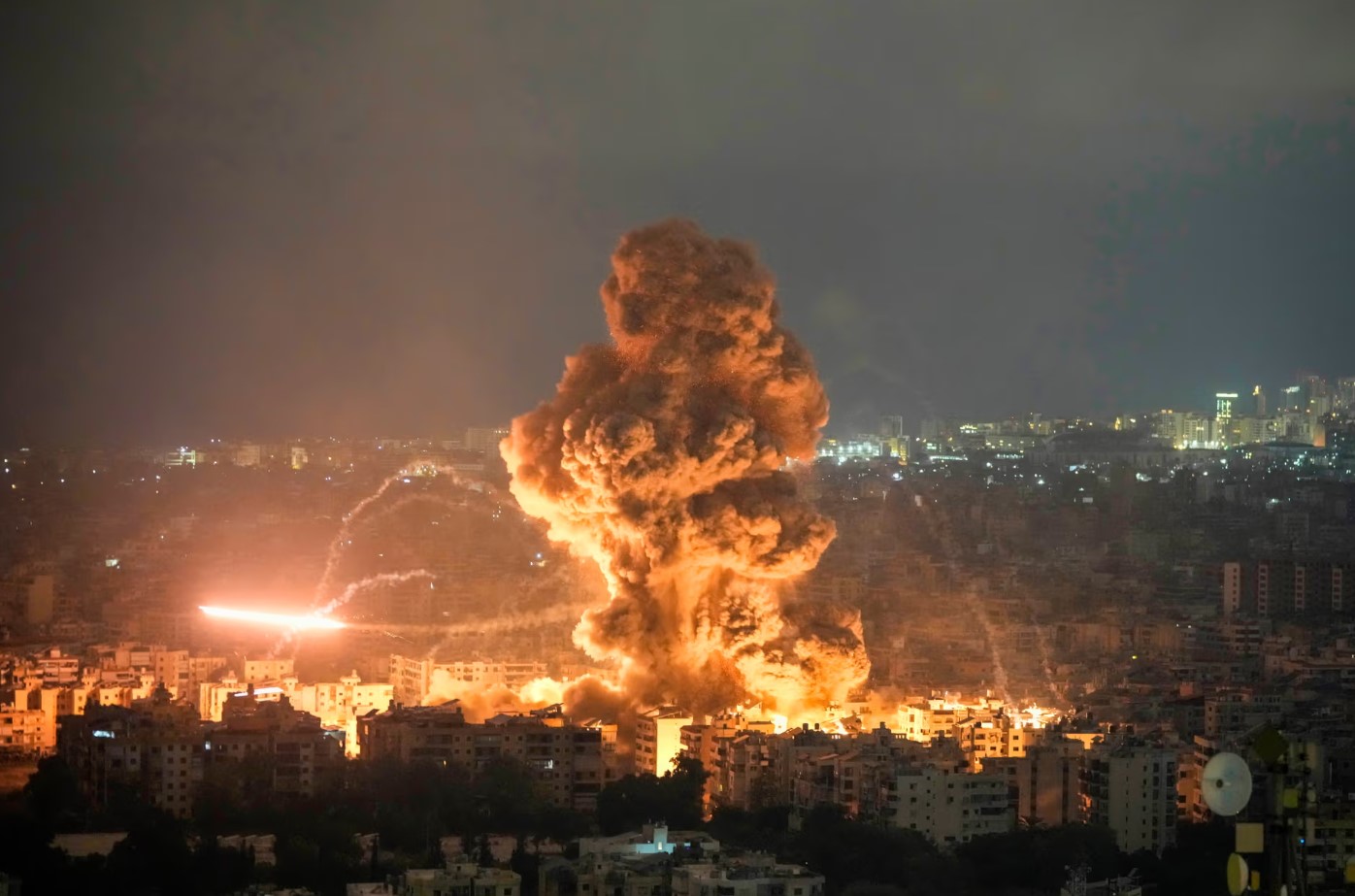ARTICLE AD BOX
Yahya Sinwar, the Hamas leader who orchestrated the October 2023 assault on Israel and eluded capture for more than a year, was killed by Israeli forces yesterday in southern Gaza. Sinwar, 61, had spent two decades in Israeli prisons before returning to Gaza and emerging as its top leader.
As one of the chief architects of the surprise October 7 attack on Israel, which killed over 1,200 Israelis and brought more than 250 hostages into Gaza, Sinwar was a prime Israeli target. Israel had placed a $400,000 bounty on information leading to his capture or death. Despite numerous Israeli airstrikes targeting Hamas leadership, Sinwar managed to survive underground for months in the maze of tunnels beneath Gaza.
WATCH | Drone Footage Of Hamas Chief Yahya Sinwar's Last Moments Released Bu Israel
Sinwar's death now leaves a power vacuum at the helm of Hamas, raising questions about who will step in to fill the void during this crucial phase of the Gaza war. Several high-ranking Hamas figures, all with long histories of militant operations and political manoeuvring, are potential successors.
Here's a look at the figures who may lead Hamas:
Mahmoud al-Zahar
Mahmoud al-Zahar, one of Hamas's founding members is a frontrunner to succeed Sinwar. Known for his hardline stance, even by Hamas's standards, al-Zahar was instrumental in shaping the group's ideological framework, which focuses on both militant resistance against Israel and Islamist governance in Gaza. Al-Zahar also played a crucial role in the group's rise to power following the 2006 Palestinian legislative election and served as its first foreign minister.
READ | Hezbollah To Escalate War With Israel After Hamas Leader Yahya Sinwar Killed
Despite surviving multiple Israeli assassination attempts - in 1992 and again in 2003 - al-Zahar remains a key figure in Hamas's political structure.
Mohammed Sinwar
Another potential successor is Yahya Sinwar's brother, Mohammed Sinwar. Like his brother, Mohammed has been a longtime leader within Hamas's military wing, and his rise to leadership could signal continuity in the group's strategies. According to reports, Mohammed shares Yahya's hardline approach, and US officials have expressed concern that his leadership would make peace negotiations even more challenging.
While Mohammed has kept a low profile, he has been a critical figure in the group's military operations, surviving multiple assassination attempts by Israel.
Mousa Abu Marzouk
Mousa Abu Marzouk, a senior member of Hamas's political bureau, is another possible contender. He helped establish Hamas after breaking away from the Palestinian Muslim Brotherhood in the late 1980s. Abu Marzouk was once the head of Hamas's political bureau and has long been involved in its organisational and financial operations, including support for militant activities.
READ | Netanyahu Says Yahya Sinwar Killing "Beginning Of End" Of Gaza War
Despite being jailed in the United States in the 1990s for involvement in terrorist activities, Abu Marzouk was deported to Jordan and has remained an influential figure within the group's political apparatus. Though he has spent much of his time in exile, his experience and ties to Hamas's core ideology make him a strong candidate to take over political leadership.
Mohammed Deif
Mohammed Deif, the elusive commander of Hamas's military wing, Izz al-Din al-Qassam Brigades, is often rumoured to be either dead or severely injured following Israeli airstrikes. However, reports as recent as August 2024 suggest he might still be alive. Deif, who is credited with masterminding many of Hamas's most sophisticated operations, including the October 7 attack, is seen as a "hardline" figure.
Deif's survival is shrouded in mystery, and should he resurface, his military credentials could make him a potent leader.
Khalil al-Hayya
Khalil al-Hayya is a prominent figure within Hamas's political bureau, currently based in Qatar, and has played a key role in cease-fire negotiations in previous conflicts. Al-Hayya's leadership could be seen as a pragmatic choice for the group, especially if Hamas seeks to negotiate an end to the current war in Gaza. His involvement in the 2014 cease-fire talks with Israel showcased his ability to engage in high-level negotiations, and his leadership may offer a more diplomatic route for Hamas.
Al-Hayya survived an Israeli airstrike in 2007 that killed members of his family. His political acumen, combined with his connections to international mediators, particularly in Doha, makes him a figure that both Israel and Hamas could work with in cease-fire talks.
Khaled Mashal
Khaled Mashal, who led Hamas for over a decade from 2006 until 2017, remains a respected figure within the group, though he has fallen out of favour with some key factions. During his leadership, Mashal oversaw some of Hamas's most significant military and political milestones. However, his public opposition to Syrian President Bashar al-Assad during the Syrian civil war strained relations with Iran, Hamas's major backer.
Now based in Qatar, Mashal may still have influence.
.png)
 1 month ago
1
1 month ago
1








 English (US)
English (US)